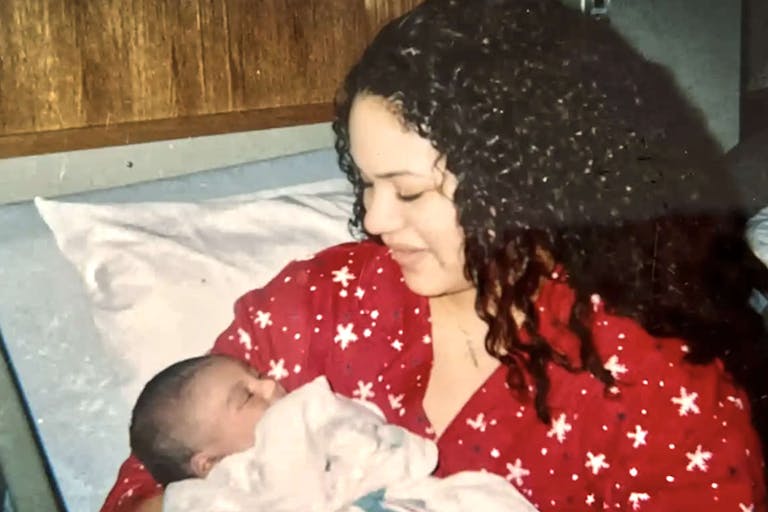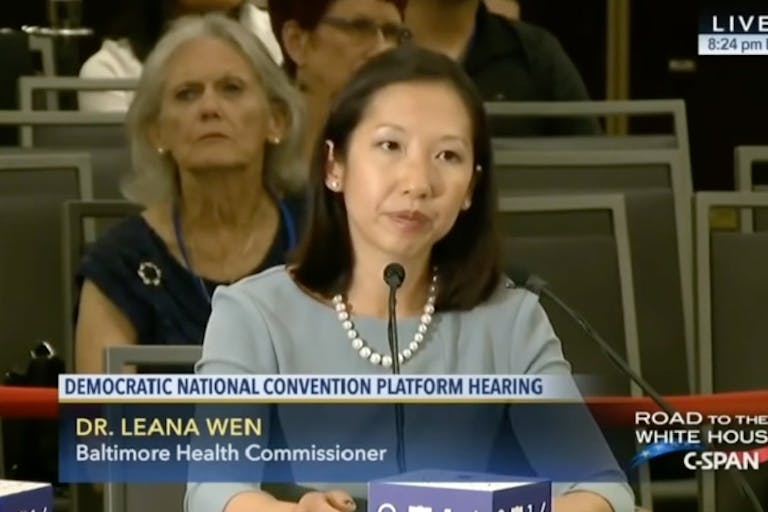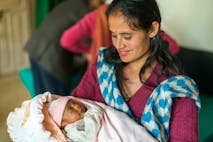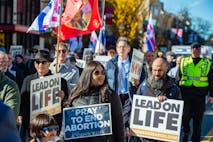
She chose life for her children, no matter what the future might hold
Melina Nicole
·
Flashback: New Planned Parenthood prez called fetuses ‘unborn children’
Planned Parenthood has officially named a new president: Dr. Leana Wen, the first physician to head the abortion corporation in more than 50 years. Wen has an impressive background, having overcome a childhood living in poverty as a Chinese immigrant to become an emergency room physician and a faculty member at Harvard Medical School, and most recently served as the Baltimore City Health Commissioner.
Still, despite Wen’s laudable medical credentials, she seems poised to continue on with Cecile Richards’ legacy, having promised to continue providing “the full range of reproductive health care,” and arguing that abortion must remain legal. She has even tried to regulate the free speech of pro-life pregnancy resource centers. But in a surprising moment from Wen’s past, she acknowledged the humanity of preborn children.
Wen testified during the 2016 Democratic National Convention Committee’s Platform Drafting Committee, which was held to determine what would be included in the official party platform. The platform ultimately included a call for taxpayer-funded abortion, as well as for all pro-life laws to be overturned. It championed Planned Parenthood and said women have the “right” to abortion. But during the hearing, Wen let a little something slip.

“..Keeping our country safe and well requires an investment in public health. There’s a security argument- think Ebola and bio-terrorism. There’s an economic argument. One child born with severe effects of Zika can cost society up to $10 million. One year could cripple our economy.
“And, there’s a moral argument, like so many other diseases Zika is a disease of poverty. Can we stand by and watch generations of our unborn children suffer the consequences in communities that are already hardest hit by legacies of discrimination?”
It’s interesting for Wen to have made that argument, only to later end up as president of Planned Parenthood. After all, it was Planned Parenthood that exploited women’s fear of the Zika virus, going door to door in Miami to promote abortion — you know, just in case any women might be infected with the virus. Then women could help “fight Zika” by getting an abortion, even a late-term abortion.

Of course, what Planned Parenthood leaves out is that abortion does absolutely nothing to fight Zika. It just kills children. Abortion doesn’t help slow or prevent Zika transmissions; it doesn’t make anyone safer from the virus. It merely prevents babies with birth defects from making it out of the womb alive.
In the same hearing, Wen also argued that where a child lives should not affect their ability to live — odd, coming from an abortion advocate:
Can we go beyond thinking about health as “healthcare” and aim for well being for all so that where children live does not determine if they live.
She’s right: where a child lives does not affect his or her inherent right to life. A child should not be robbed of his or her right to life itself just because he or she lives in his or her mother’s womb. Wen’s statements seem to imply that she understands that preborn children are human beings, a fact she should be aware of, considering that she’s a doctor. Even at the moment of conception, and no matter how early in the pregnancy it might be, the humanity of the preborn child is without dispute.
Preborn children have their own unique DNA; they have beating hearts, measurable brain waves, and their own unique fingerprints. They react to touch, yawn, and suck their thumbs. And all of this is just in the first trimester. These are people, being discriminated against and dehumanized because of where they live, which Wen at one time correctly portrayed as something to be stopped.
Planned Parenthood could help these children. It could help their mothers by providing them real health care, instead of offering only abortion. But it doesn’t; Planned Parenthood provides next-to-no prenatal care, despite repeatedly lying to claim that it does.
As the new president, Wen has the opportunity to change this. She can end the abortion corporation, and make the emphasis instead be providing legitimate care for women in crisis. But unfortunately, her pro-abortion rhetoric does not give much reason to be optimistic that anything will change anytime soon.
Live Action News is pro-life news and commentary from a pro-life perspective.
Contact editor@liveaction.org for questions, corrections, or if you are seeking permission to reprint any Live Action News content.
Guest Articles: To submit a guest article to Live Action News, email editor@liveaction.org with an attached Word document of 800-1000 words. Please also attach any photos relevant to your submission if applicable. If your submission is accepted for publication, you will be notified within three weeks. Guest articles are not compensated (see our Open License Agreement). Thank you for your interest in Live Action News!

Melina Nicole
·
Analysis
Cassy Cooke
·
Politics
Cassy Cooke
·
Analysis
Cassy Cooke
·
Analysis
Nancy Flanders
·
Newsbreak
Angeline Tan
·
International
Cassy Cooke
·
Analysis
Cassy Cooke
·
Politics
Cassy Cooke
·
Analysis
Cassy Cooke
·
Activism
Cassy Cooke
·